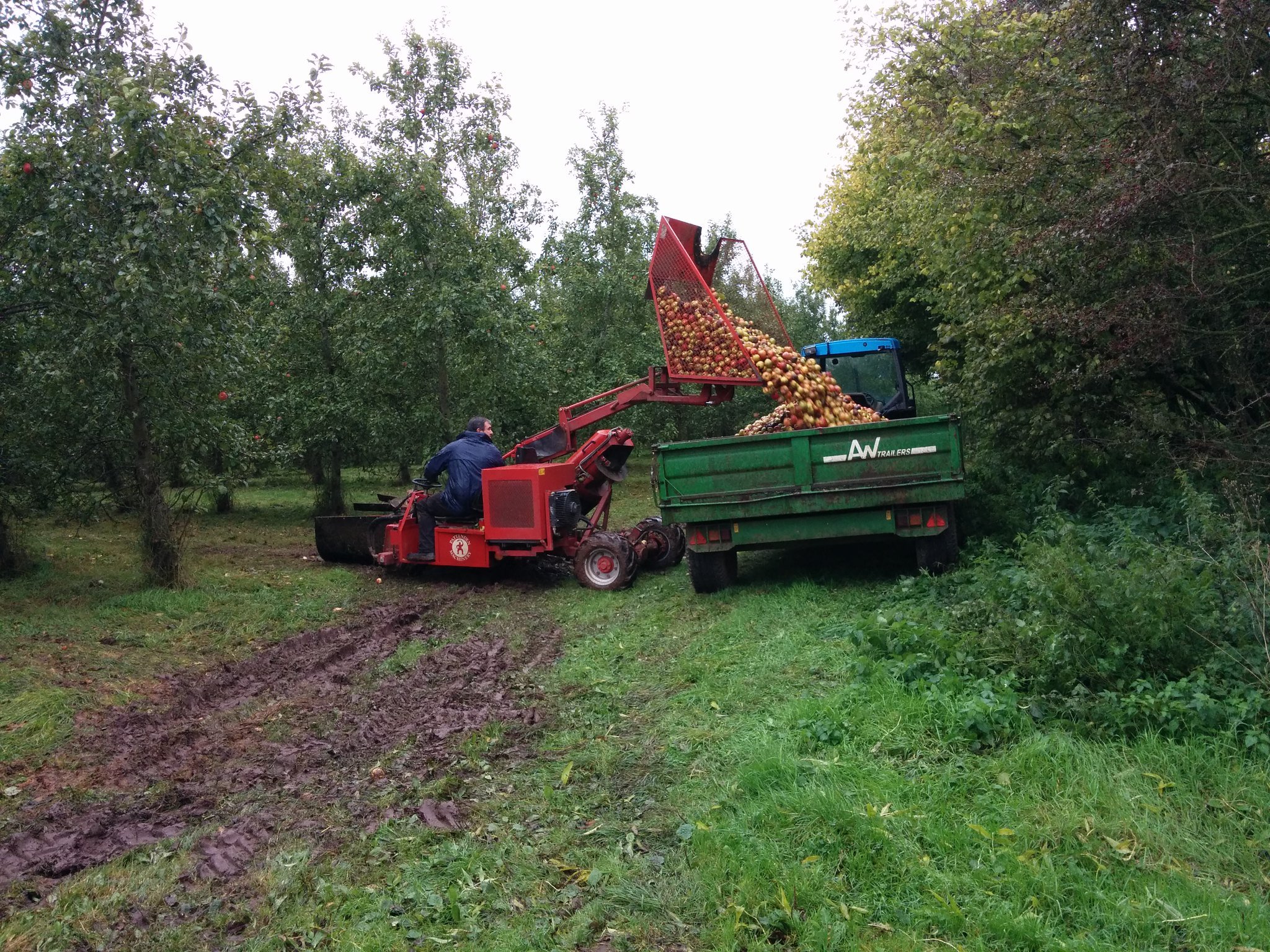The contents of key minerals in 29 different fruits and vegetables grown in the UK were found to have plummeted as much as 50% since 1940.
These included sodium, (Na) magnesium, (Mg) iron, (Fe) zinc, (Zn) copper, (Cu) and calcium (Ca), some of which were found to have fallen drastically in foods between 1940 and 1991, while others fell between 1991 and 2019.
The greatest overall reductions during this 80-year period were Na (52%), Fe (50%), Cu (49%), and Mg (10%).
The authors then supplemented the results of their study, which looked to update the mineral contents for fruits and vegetables from the last such study, conducted in 1991, with similar studies in other countries. They found that other investigations in the US, Finland, Australia, and different sorts in the UK all identified some minerals which had significantly decreased over various generational spans.
“Rather than being an isolated case, many countries have experienced declines in the mineral nutrient content of fruits and vegetables since the 1940s,” the authors write. “For most of these studies, there is a decline in nutrients or no change with the exception of the Australian data that used a much later date (the 1980s) as the baseline”.
Looking at an alternative minimum dietary requirement for these 6 minerals, the authors determined that a substantial majority of those in the UK were likely suffering from this lack of minerals; particularly women of childrearing age, and teenage girls.
If you think the stories you’ve just read were worth a few dollars, consider donating here to our modest $500-a-year administration costs.




